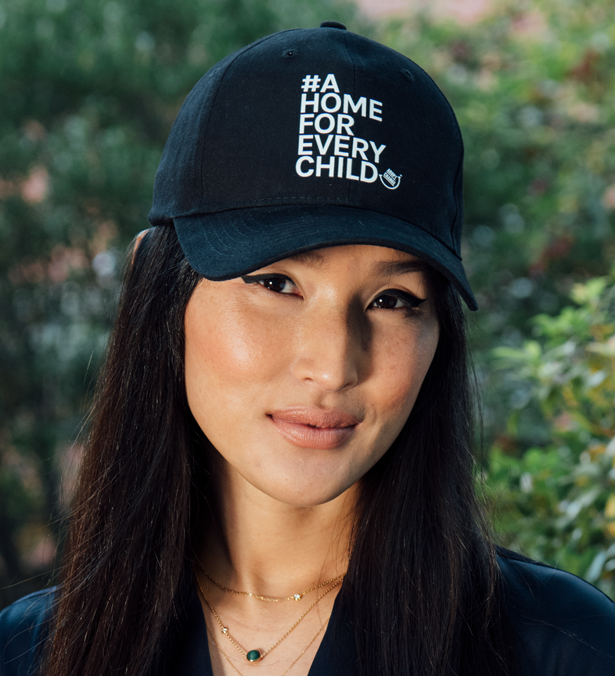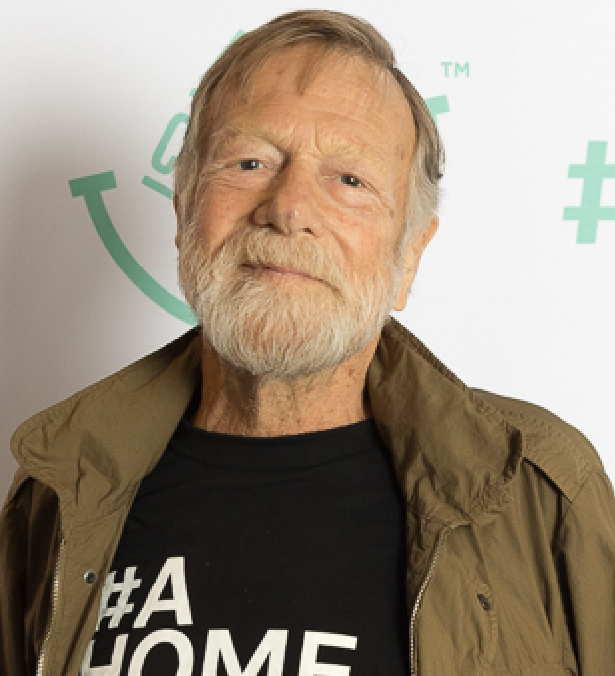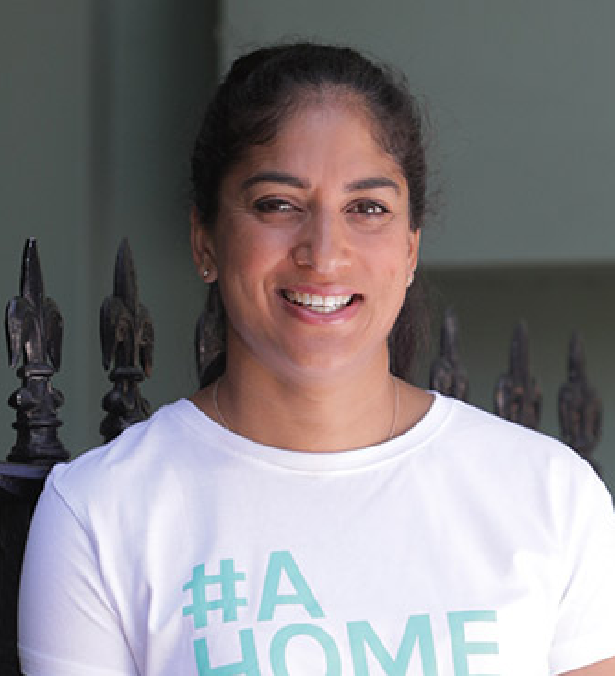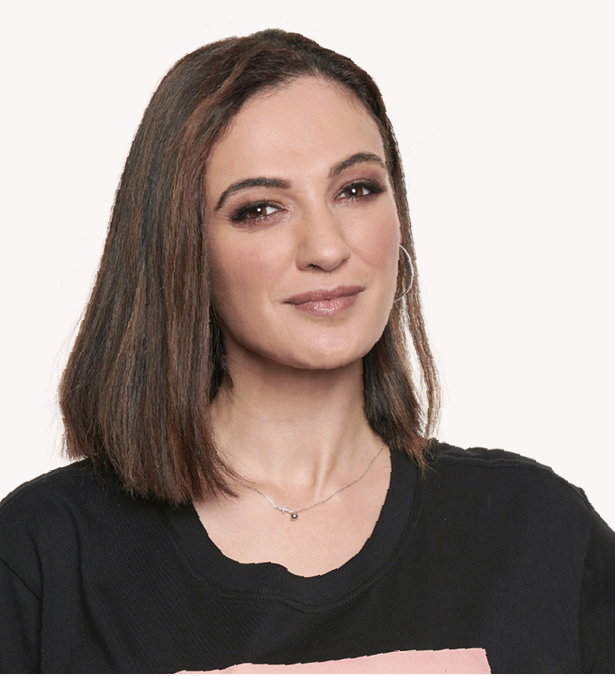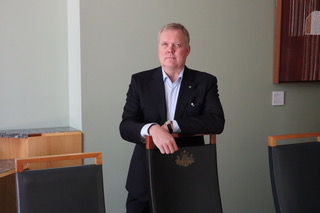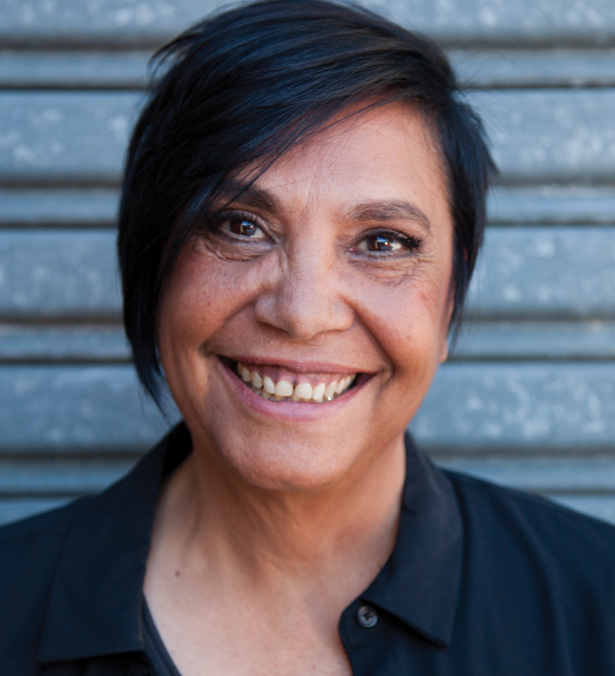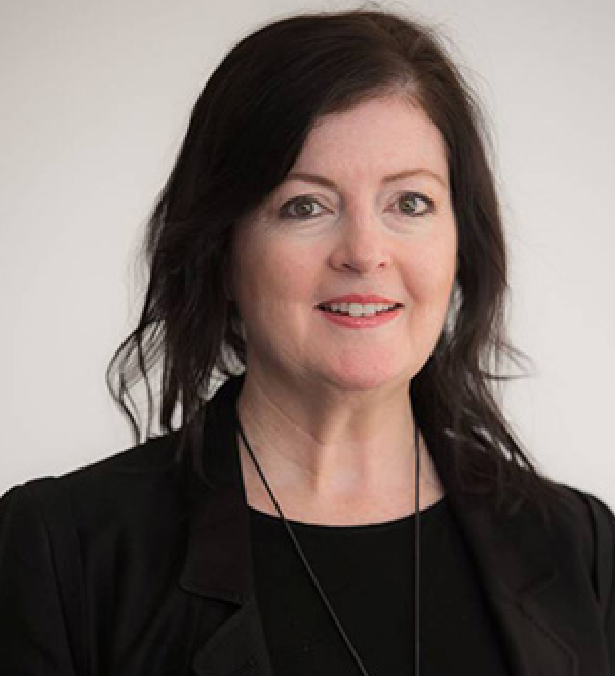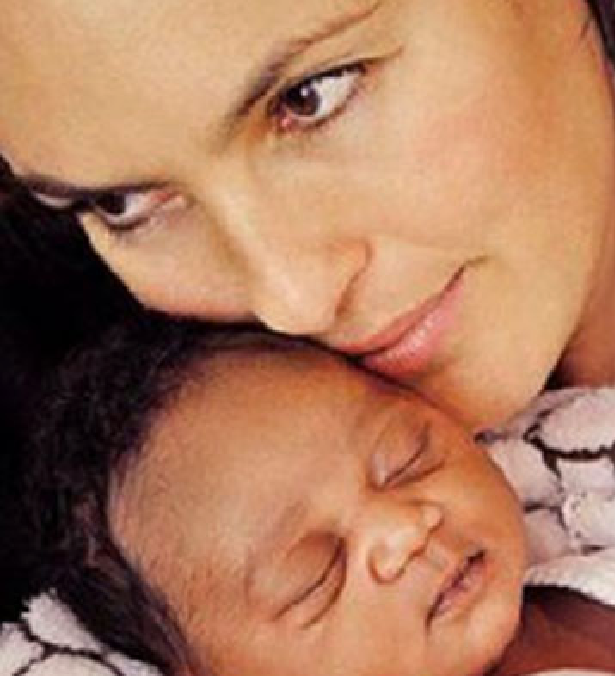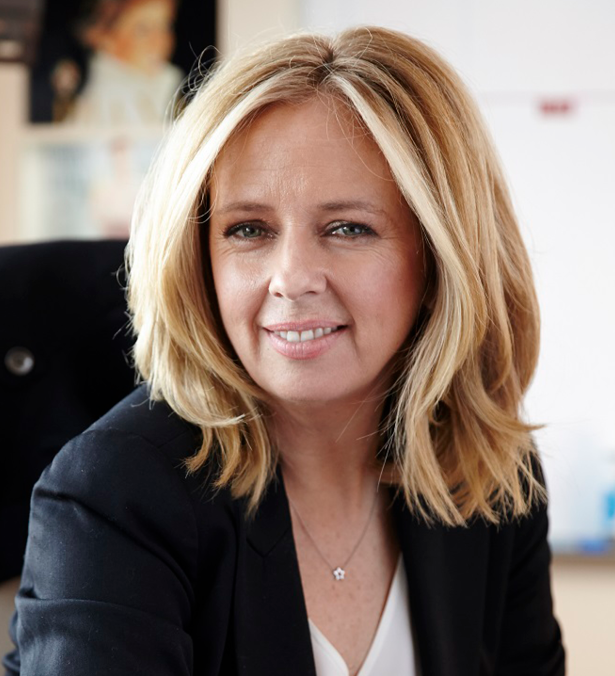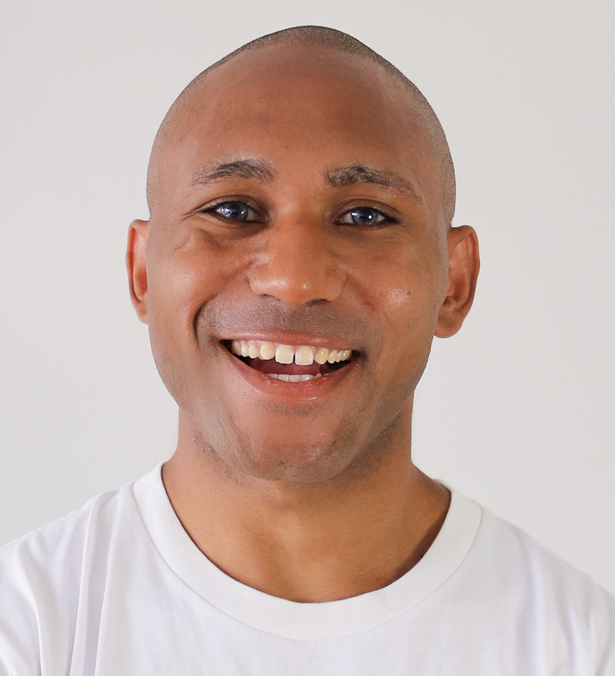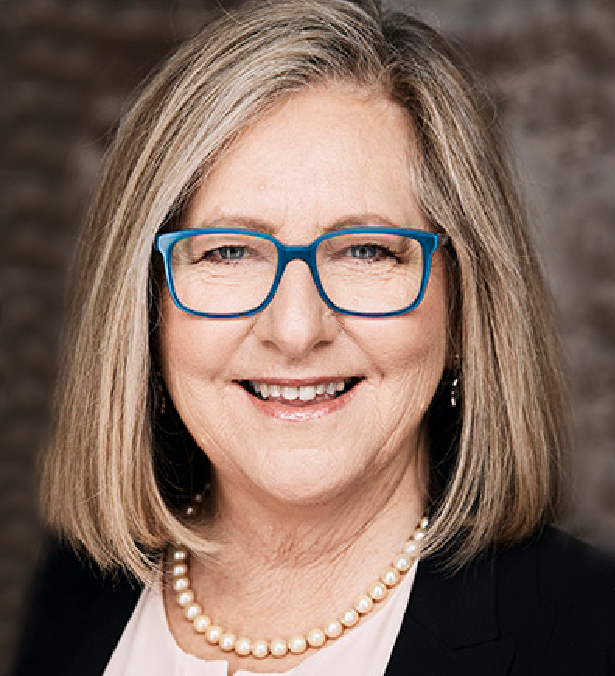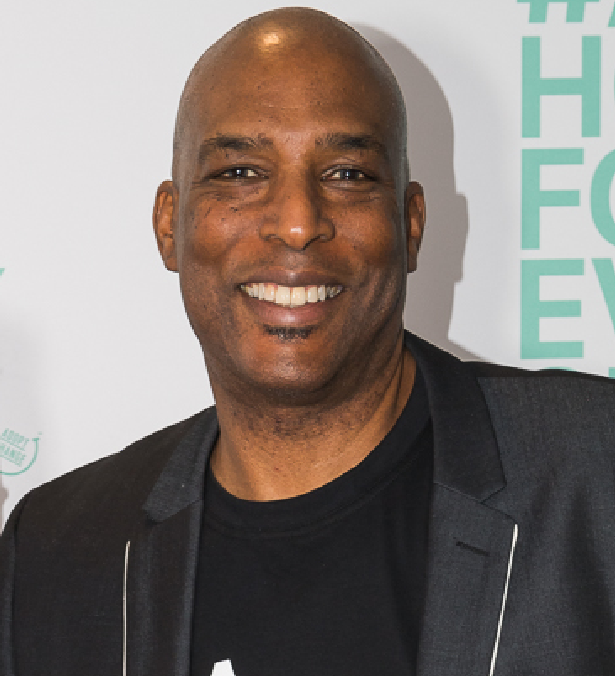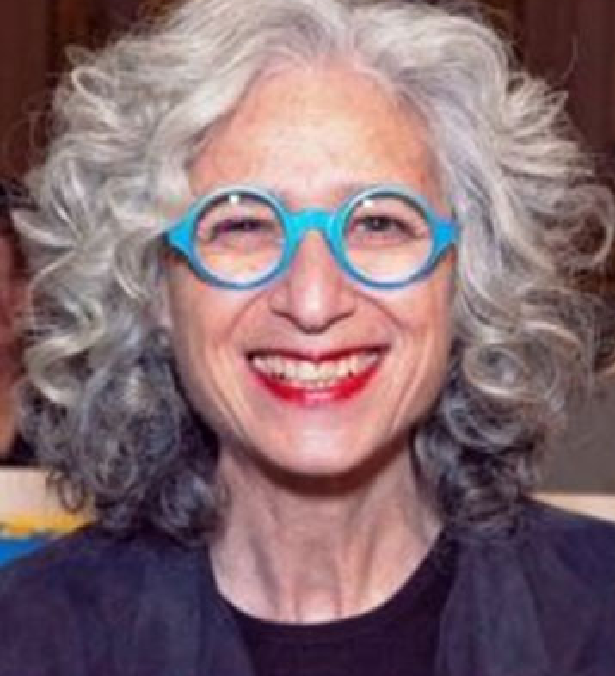Wanting permanence and belonging but the costs of adoption are too great
Jennifer and her partner have two foster children, Zoe aged five and Bryce, aged twelve. Zoe and Bryce have been in the placement for two years and are under the parental responsibility of the Minister until 18 years of age. The children have responded differently to being in foster care and being a part of two families. Bryce has a strong connection and protectiveness towards his birth parents and has expressed feelings of divided loyalty between his foster and birth family. He understands why he cannot live with his birth family while still feeling loved by them and loving them fiercely. He also feels loved by his foster parents, loves his foster parents and wants to stay in his foster family. However, at one level he feels like he has abandoned his birth parents by loving his foster family and wanting to stay with them. Adoption is not a suitable option for Bryce. However, as an earlier placement broke down, Bryce has a high level of anxiety that this current placement will also break down. At any moment of high stimulus (positive or negative) he feels that this will all be taken away and he will have to start again. Jennifer believes that adoption would exacerbate Bryce’s divided loyalties as he would feel it would hurt his birth parents and take him further away from them.
At the same time, Jennifer feels that Bryce would benefit from a sense of permanence, this means he could allow himself to trust his carers’ continued love, support and care.
Zoe also feels loved in her foster family and says she wants to stay there forever and ever. However, her previous foster care placement was supposed to be long term and Zoe blames herself for having been moved. As a result, she often feels insecure and finds it difficult to trust. When Zoe increases her trust of her foster family she finds it scary and will act out with difficult behaviours attempting to force rejection as she experienced in her previous foster placement.
Society’s lack of recognition of her belonging in her family is also distressing to Zoe. She was deeply upset when someone referred to her foster mother as her “pretend mummy.” Zoe’s fear of being moved again runs very deep and she has actively sought to support herself in her desire to belong. This has included choosing to dress like Jennifer, to change her haircut so she looks more like Jennifer and in many role playing games, using Jennifer’s last name as her own. She needs formal recognition of her permanent and full belonging in her foster family.
Jennifer feels that her children would benefit from the legal and social belonging in her family that adoption would afford. However, the cost of adoption, in removing the legal connection between the children and their birth family, is too great.
* Identifying details have been amended to allow for privacy of those involved



